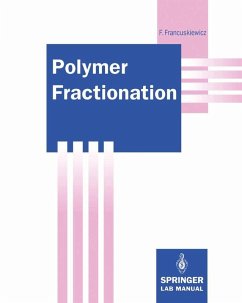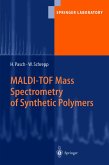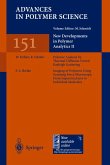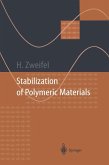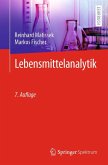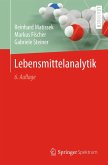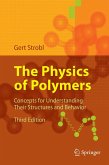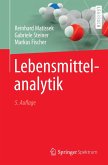Fractionation of polymers via solubility has been a well known method in polymer characterization for a long time. The original object of analytical fractionations, the determination of the molecular weight distribution, is nowadays achieved more efficiently and conveniently by chromatographic methods. However, fractionation procedures, which were developed in great diversity, remain up~to-date and essential for obtaining preparative fractions with narrow distributions. Such fractions are wanted increasingly for the investigation of true structure-property relationships which are mostly influ~ enced by distributions of molecular weight or other parameters such as branching or chemical composition. Literature on the field of polymer fractionation is extensive and several reviews exist. However, there is a lack of systematically methodical instruc tions for carrying-out of diverse fractionation procedures. This volume repre sents an attempt to reduce this deficiency and is focussed on practical aspects of fractionation procedures. This laboratory manual is intended for polymer chemists, physicists, and technicians, for students of polymer science, and skilled laboratory assistants, all of whom are not dealing directly with fractionation but are in need of fractions to carry out further investigations.
Dieser Download kann aus rechtlichen Gründen nur mit Rechnungsadresse in A, B, BG, CY, CZ, D, DK, EW, E, FIN, F, GR, HR, H, IRL, I, LT, L, LR, M, NL, PL, P, R, S, SLO, SK ausgeliefert werden.

